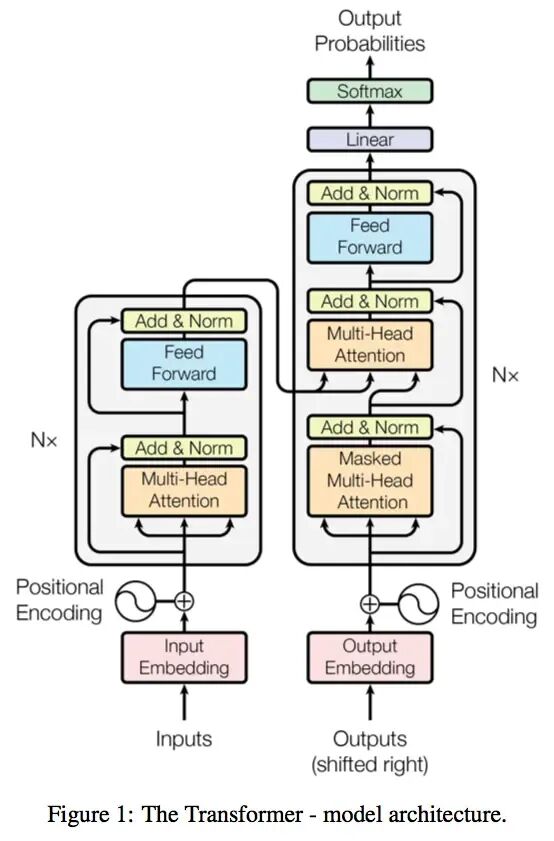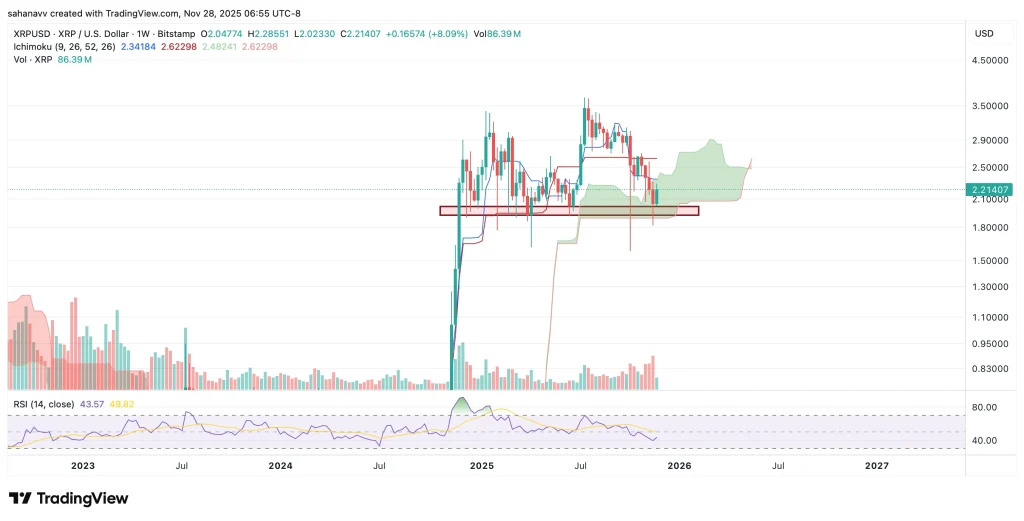Philippine Lawmakers Propose 10,000 Bitcoin National Reserve Program
Cointelegraph reports that the Philippine Congress is weighing legislation that would establish a strategic Bitcoin reserve of 10,000 BTC through its central bank. House Representative Miguel Luis Villafuerte filed House Bill 421 on June 30, 2025, directing the Bangko Sentral ng Pilipinas to purchase 2,000 Bitcoin annually over five years.
The Strategic Bitcoin Reserve Act mandates the central bank acquire Bitcoin worth approximately $1.1 billion at current market prices. The legislation requires all purchased Bitcoin remain locked in trust for at least 20 years. According to BitPinas, the coins cannot be sold, swapped, or disposed of except for retiring government debt.
Villafuerte described Bitcoin as digital gold, citing its 40% average annual growth rate over the past five years. The bill establishes strict storage requirements, mandating cold storage facilities across multiple locations under central bank oversight to minimize security risks.
Why This Legislative Move Matters
The Philippine bill addresses the country's rising sovereign debt burden, which reached 16.09 trillion pesos ($275 billion) as of November 2024. Villafuerte argues that diversifying beyond traditional dollar and gold reserves provides financial security against global economic shocks.
The legislation includes comprehensive oversight mechanisms. The central bank governor must publish quarterly reports detailing holdings, transactions, and private key control through a proof-of-reserves system. One year before the 20-year holding period expires, the governor must recommend to Congress whether to extend the program or begin gradual sales, capped at 10% every two years.
If approved, the Philippines would surpass El Salvador's 6,276 BTC holdings and approach Bhutan's 10,565 BTC reserves. We previously covered how 15 US states moved forward with plans for Bitcoin reserves, showing this trend extends beyond national governments to subnational jurisdictions seeking portfolio diversification.
The timing coincides with renewed global interest in Bitcoin as a hedge against monetary devaluation. The bill explicitly references other countries' approaches, including El Salvador's legal tender adoption, Switzerland's exploration of public referendums, and Brazil's reserve considerations.
Global Bitcoin Reserve Competition Intensifies
The Philippine proposal reflects accelerating international competition for Bitcoin accumulation. CryptoBriefing notes that if enacted, the Philippines would become the first Asian nation to legislate a sovereign Bitcoin accumulation strategy.
Multiple Asian jurisdictions are evaluating similar strategies. Malaysia, Thailand, and Hong Kong have considered strategic Bitcoin reserves, while Russia has begun using digital assets in international trade to reduce dollar dependence. The Philippine bill positions the country ahead of regional competitors in establishing formal cryptocurrency integration.
Current global Bitcoin holders demonstrate varied acquisition approaches. The United States maintains approximately 200,000 BTC primarily through law enforcement seizures. China holds around 194,000 BTC from the PlusToken scheme confiscation. Bhutan accumulated its reserves through state-sponsored mining operations using abundant hydroelectric power.
The competitive landscape extends beyond government holdings. Institutional investors have accelerated Bitcoin adoption through exchange-traded funds, while the US Federal Reserve recently described Bitcoin as digital gold. President Trump's administration has proposed creating a national Bitcoin reserve using seized assets, potentially triggering additional government accumulation programs.
The Philippine legislation includes safeguards against market disruption. Purchases must occur transparently and strategically to minimize price impact. The 20-year holding requirement prevents short-term speculation while allowing flexibility for debt management during fiscal emergencies.
Traditional financial institutions face mounting pressure to develop cryptocurrency policies as governments establish Bitcoin reserves. The Philippines' formal legislative approach provides a regulatory framework that could influence other Southeast Asian nations considering similar measures. The bill's emphasis on transparency and long-term holding addresses concerns about government cryptocurrency activities affecting market stability.
Disclaimer: The content of this article solely reflects the author's opinion and does not represent the platform in any capacity. This article is not intended to serve as a reference for making investment decisions.
You may also like
No wonder Buffett finally bet on Google
Google holds the entire chain in its own hands. It does not rely on Nvidia and possesses efficient, low-cost computational sovereignty.

HYPE Price Prediction December 2025: Can Hyperliquid Absorb Its Largest Supply Shock?

XRP Price Stuck Below Key Resistance, While Hidden Bullish Structure Hints at a Move To $3

Bitcoin Price Prediction: Recovery Targets $92K–$101K as Market Stabilizes